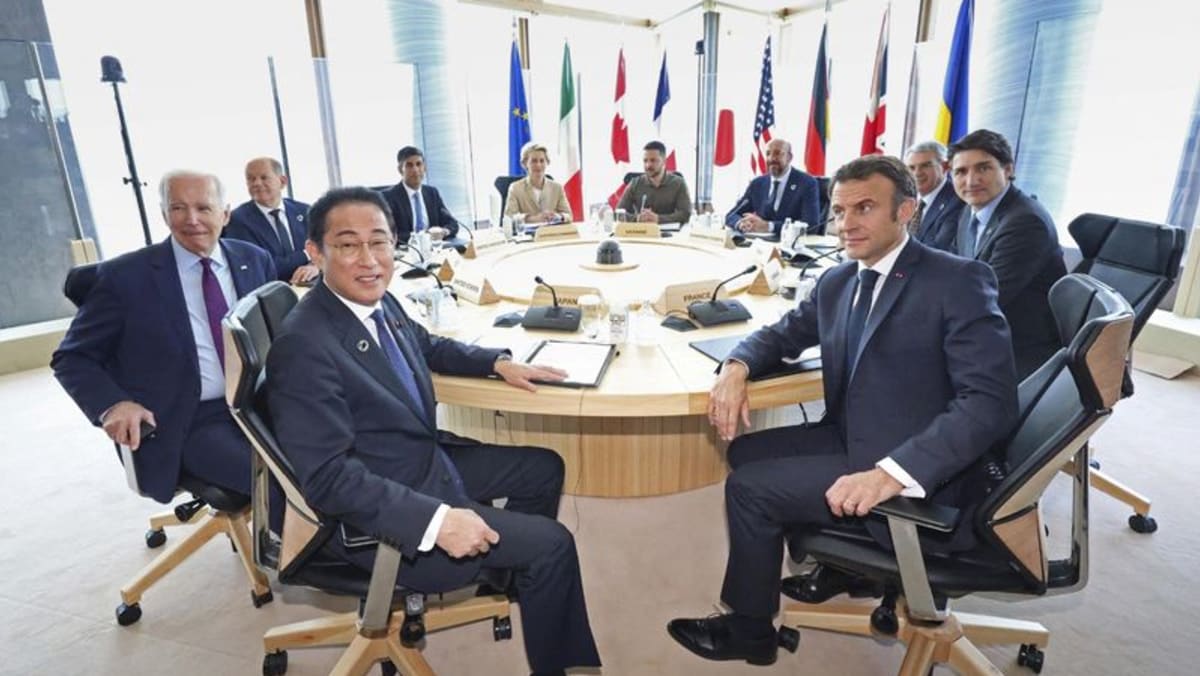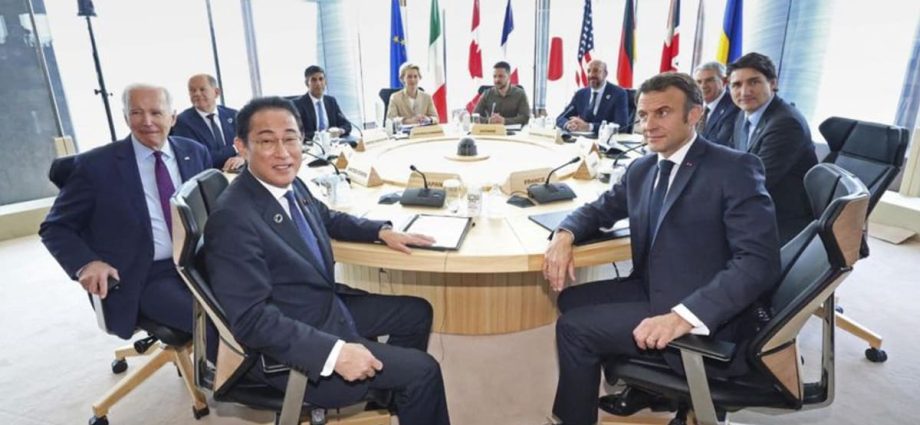
TOKYO: It would be easy to assume that not much has changed since Shinzo Abe, Japan’s longest-serving prime minister and de facto senior statesman, was assassinated in broad daylight one year ago.
But there’s an evolution underway, and Japan is moving closer to the nation Abe aspired to when he was gunned down on the campaign trail for upper house elections on Jul 8, 2022. The language of decline, of a country whose time has passed, is gone: From think tanks to hedge funds, Japan is on everyone’s lips. Tokyo is at the heart of Washington’s strategy to “de-risk” from China.
Money is flowing into the markets, led by Warren Buffett. And tourists are flocking back, with more Americans coming now than before the pandemic.
Abe aimed to build a Japan that could cast off the shackles of its wartime guilt and assume a position on the geopolitical stage befitting its economic might.
The former prime minister laid out not just how his nation should position itself against China, but created the model that now dominates Western thinking toward Beijing. He spearheaded the concept of the “free and open Indo-Pacific,” later adopted by the United States, outlining this coalition of like-minded nations as far back as 2007.
The current prime minister, Fumio Kishida, has taken that ball and is running with it, with his plan to radically overhaul Japan’s military spending, a move that has vociferous US support. The country is taking steps to shore up its weakened defense industry and is looking to relax a long-standing ban on the export of weapons in a bid to add additional support for Ukraine.

